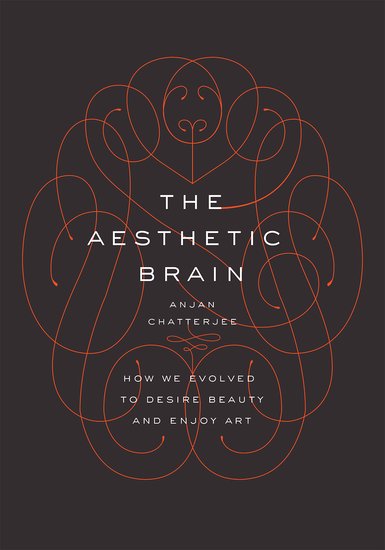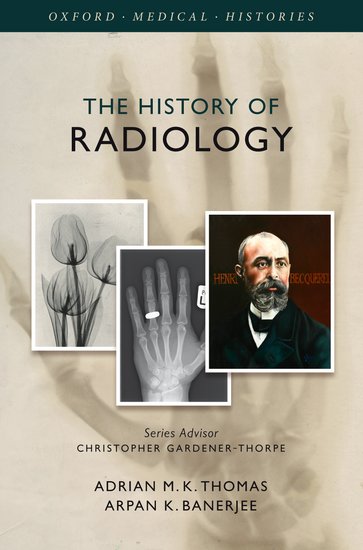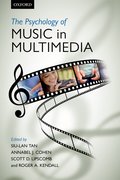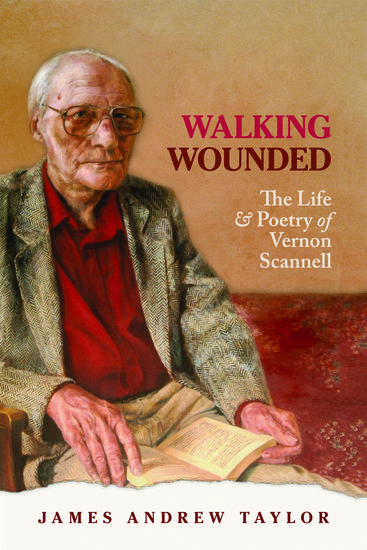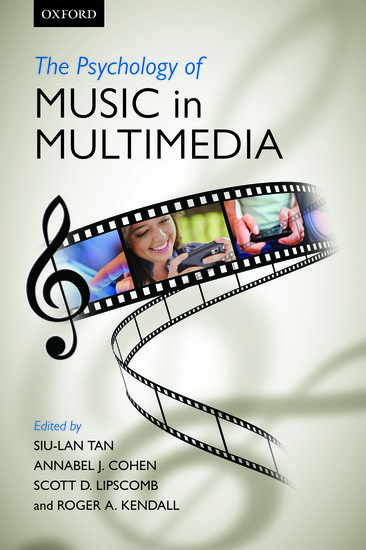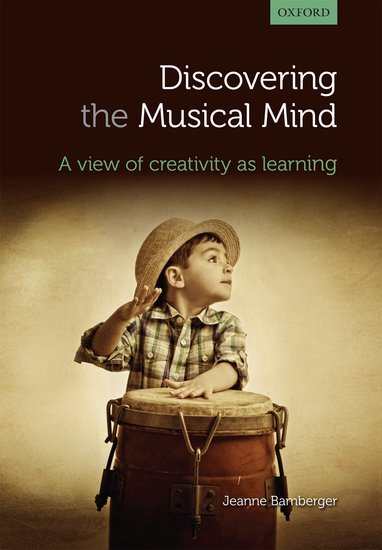Léger’s The City and neuroaesthetics
By Anjan Chatterjee
Facing The City painted by Léger in 1919 can be an overwhelming experience. Geometry of bright colors, bits of human figures, mechanical structures, columns, stairs, lettering all crowd the painting and beyond into an immersive experience.

